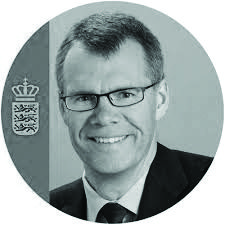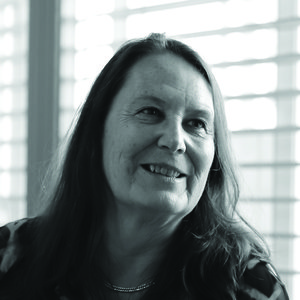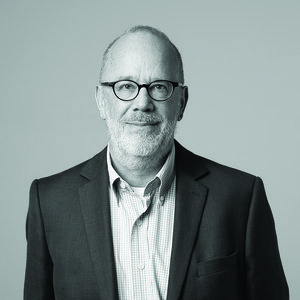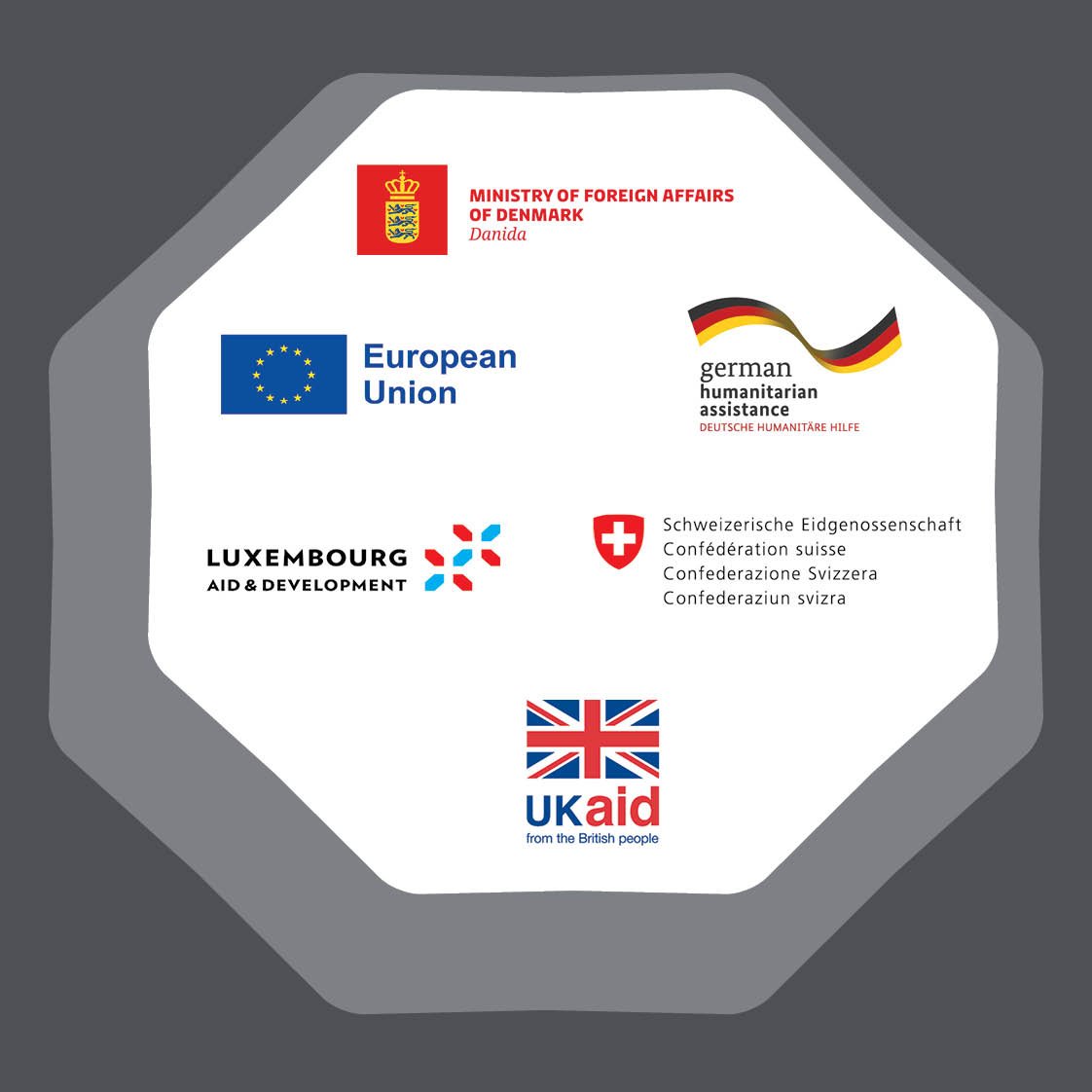Funding partners
None of HQAI’s successes so far would have been possible without the precious core financial support provided by its strategic funding partners: Denmark, Germany, Luxembourg, the Swiss Confederation, and the UK.
We would like to take this opportunity to warmly thank our donors and partners for their generosity and continuous support.
HQAI maintains with its funding partners a very close and collaborative partnership. Regular strategic meetings culminate in the annual organisation of a joint Round Table on the value of independent quality assurance and the role of HQAI. At this event interested parties from across the sector come together to co-create the future.
One essential topic in such discussions is the simplification and harmonisation of reporting requirements across the humanitarian sector. HQAI works with donors, governments, funding bodies and the CHS Alliance to achieve alignments of donor due diligence requirements using the CHS as reference. Here is where you can read more about it.

All Danish Civil Society Organisations operating in fragile or humanitarian contexts have to be third-party verified or certified against the CHS in order to receive humanitarian funding by DANIDA.
This mandatory approach is not only putting people at the centre, strengthening the focus on quality and accountability and leading to positive learning within the organisations. It also demonstrates DANIDA’s own accountability toward the political leadership and tax-payers. Danish humanitarian assistance is demonstrably professional, effective and accountable. Certification is an investment which demonstrates value for money.
Morten JESPERSEN (former) Permanent Representative, Ambassador, Permanent Mission of Denmark to the UN, October 2018

DFID is looking at the level of convergence between its due diligence requirements and HQAI's CHS audits to explore the scope for economies of scale by avoiding duplication of assessments.
Mary THOMPSON, Safeguarding Unit, FCDO (at that time DFID), October 2019

From a perspective of domestic accountability it is a better bargain for us as a donor to engage with the CHS Alliance and HQAI instead of doing it ourselves in terms of efficiency, relevance and effectiveness.
Philippe BESSON, Swiss Agency for Development and Cooperation, SDC, October 2019


LOCAL Project: Empowering Local and National Associations
The Danish Refugee Council (DRC), in collaboration with the Humanitarian Quality Assurance Initiative (HQAI), International Council of Voluntary Agencies (ICVA), and the Secrétariat Permanent des Organisations Non Gouvernementales (SPONG), is leading the LOwering CompliAnce burdens for Local and national associations (LOCAL) project.
The LOCAL project aims to streamline compliance processes and empower local and national associations (LNAs) in Burkina Faso, Mali, and Niger. Co-funded by the European Union and its members states, LOCAL will explore innovative approaches to reduce the burden of complex humanitarian quality standards placed on LNAs by international organisations.
Key initiatives include:
- Due Diligence Passporting: This approach leverages existing compliance assessments to minimise duplication of efforts and expedite access to funding for LNAs.
- Capacity Building: LNAs will receive tailored training and support to meet quality and accountability standards like the Core Humanitarian Standard (CHS).
- Advocacy and Engagement: The project will promote the benefits of streamlined compliance processes to international actors, encouraging wider adoption to strengthen the localisation agenda.
Expected Benefits:
- Increased access to funding for LNAs, enabling them to play a more prominent role in humanitarian efforts.
- Enhanced efficiency and effectiveness of humanitarian programs.
- A more equitable and sustainable approach to localisation in the humanitarian sector.
The Consortium:
- DRC: Leads the consortium and provides expertise in strengthening LNA capacity.
- HQAI: Offers technical expertise on due diligence passporting and CHS compliance.
- ICVA: Spearheads advocacy efforts to garner support for the project among international actors.
- SPONG: Plays a crucial role in selecting LNAs and coordinating capacity-building activities.
Read More here.